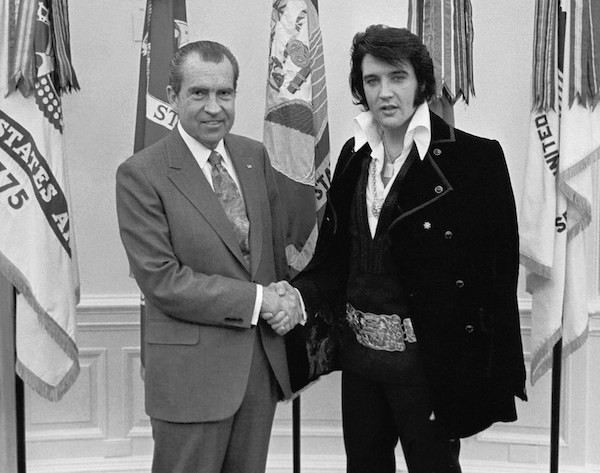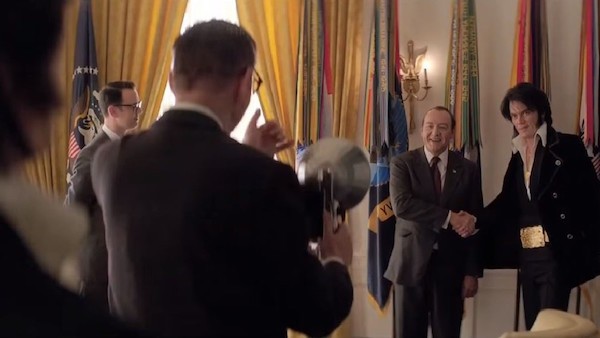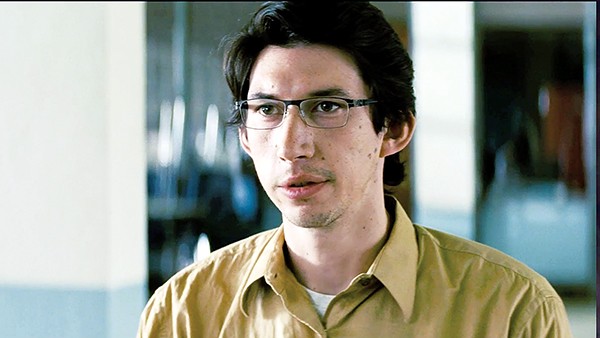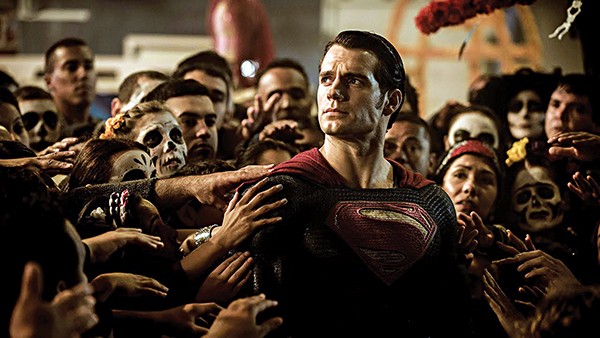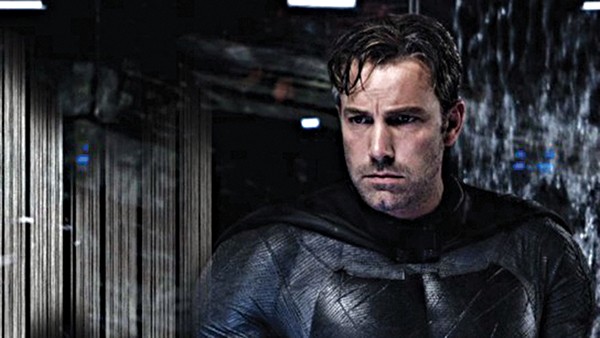Be advised: Star Wars: The Last Jedi is a great movie, and I will fight you.
Notice I didn’t just say “The Last Jedi is a good installment in the Star Wars franchise,” like I would say about a Marvel movie that adequately hits the marks of costumed heroism while setting up the next episode in the infinite saga of corporate synergy. I said it was a great movie, period. Not only does it look amazing — it’s the best-lit Star Wars movie since George Lucas got his USC film professor Irvin Kirshner to helm The Empire Strikes Back — but writer/director Rian Johnson explored and expanded all of the characters he was given to work with by Lawrence Kasdan and J.J. Abrams in The Force Awakens, leaving the story neater and better than he found it. With the much-maligned Canto Bight “space casino” sequence, he did what the middle passage of a trilogy is supposed to do — complicate the morality of the story.
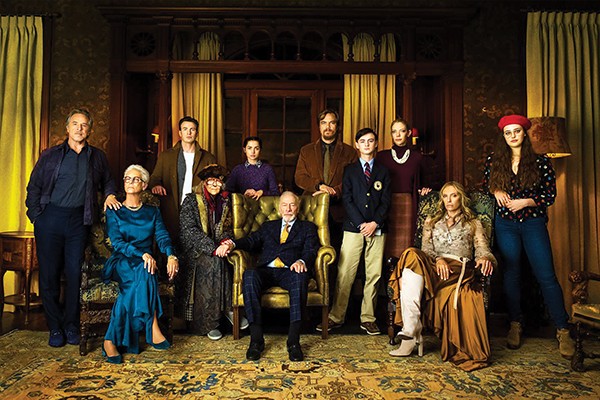
With the family fortune at stake and the patriarch’s corpse still warm, can the Thrombeys get a clue?
But that move is only an echo of the most challenging part of The Last Jedi, the characterization of Luke Skywalker. Instead of the gung-ho farm boy ready to take on the galaxy single-handed, he is a depressed hermit who no longer believes his youthful heroics made the world a better place. For a lot of disillusioned Gen Xers who grew up idolizing Luke, this was just a little too real. Johnson shepherded the best performance of Mark Hamill’s career as he rediscovers the heroic heart that still beats within him.
In a just world, Johnson should still be at the helm of Star Wars for the final installment of the trilogy of trilogies, which will hit theaters later this month. Instead, he and his producing partner Ram Bergman reunited most of the Last Jedi crew and knocked out Knives Out in about a year.
If you want to see what the real pros think about Johnson’s abilities, look no further than the incredible cast he assembled, starting with James Bond himself.
Daniel Craig plays private detective Benoit Blanc, who, in the grand tradition of Agatha Christie-derived whodunits sports an absolutely outrageous accent. Instead of Hercule Poirot’s bombastic Belgian, Blanc has an exaggerated Southern drawl, which prompts Hugh Ransom Drysdale (Captain America himself, Chris Evans) to call him “CSI: KFC.” Evans plays the black-sheep grandchild of Harlan Thrombey (Captain von Trapp himself, Christopher Plummer) the wildly successful writer of mystery novels whose untimely suicide on the evening of his 85th birthday party Blanc is hired to investigate.
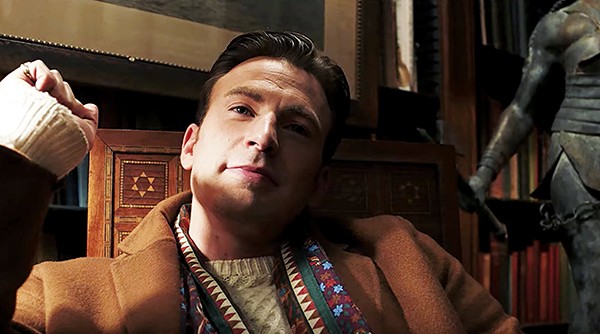
Captain no more — Chris Evans is the black sheep of the family in Rian Johnson’s new whodunit, Knives Out.
But who hired Blanc? That’s a question that no one, not even the detective himself, knows the answer to. Was it eldest daughter Linda (Jamie Lee Curtis), the self-made real-estate mogul? Or was it Walt (Michael Shannon), business head of Harlan’s publishing empire? Or maybe it was closeted fascist son-in-law Richard (Don Johnson) or lifestyle guru daughter-in-law Joni (Toni Collette). The one person we know for sure it is not, is Marta (Ana de Armas), Harlan’s immigrant nurse who finds herself caught in the middle as the children of the fabulously wealthy family jockey for a share of the inheritance.
Johnson’s script for Knives Out is the kind of thing Hollywood craftspeople like Leigh Brackett and Dalton Trumbo used to churn out on the regular: a tight, fun genre piece suffused with contemporary politics. Johnson delights in pulling the rug out from under you, then leaving you to wonder how long the floor is going to last.
Blanc, the eccentric detective, is a direct descendant of Sherlock Holmes, only he has a pair of Watsons in local cops Lieutenant Elliott (LaKeith Stanfield) and Trooper Wagner (Noah Segan). As necessary in byzantine mysteries, the dialogue is heavy in exposition. But it goes down easy because all the actors are having so much fun. Craig chews the scenery like it’s a plug of tobacco, while Curtis projects raw, feminine power and Shannon plays against type as a subservient failson. Only de Armas is truly playing for sympathy, as the sole poor person in the cast, who, coincidentally, vomits every time she tries to tell a lie.
What makes Knives Out a meaty murder mystery is its subversive portrait of the American ruling class. They’re all feeding on the corpse of a fortune made by someone smarter and kinder than they are, and their thin veneer of niceness is stripped away the instant an iota of their privilege is threatened. That’s why it’s immensely satisfying when Johnson delivers their collective comeuppance.
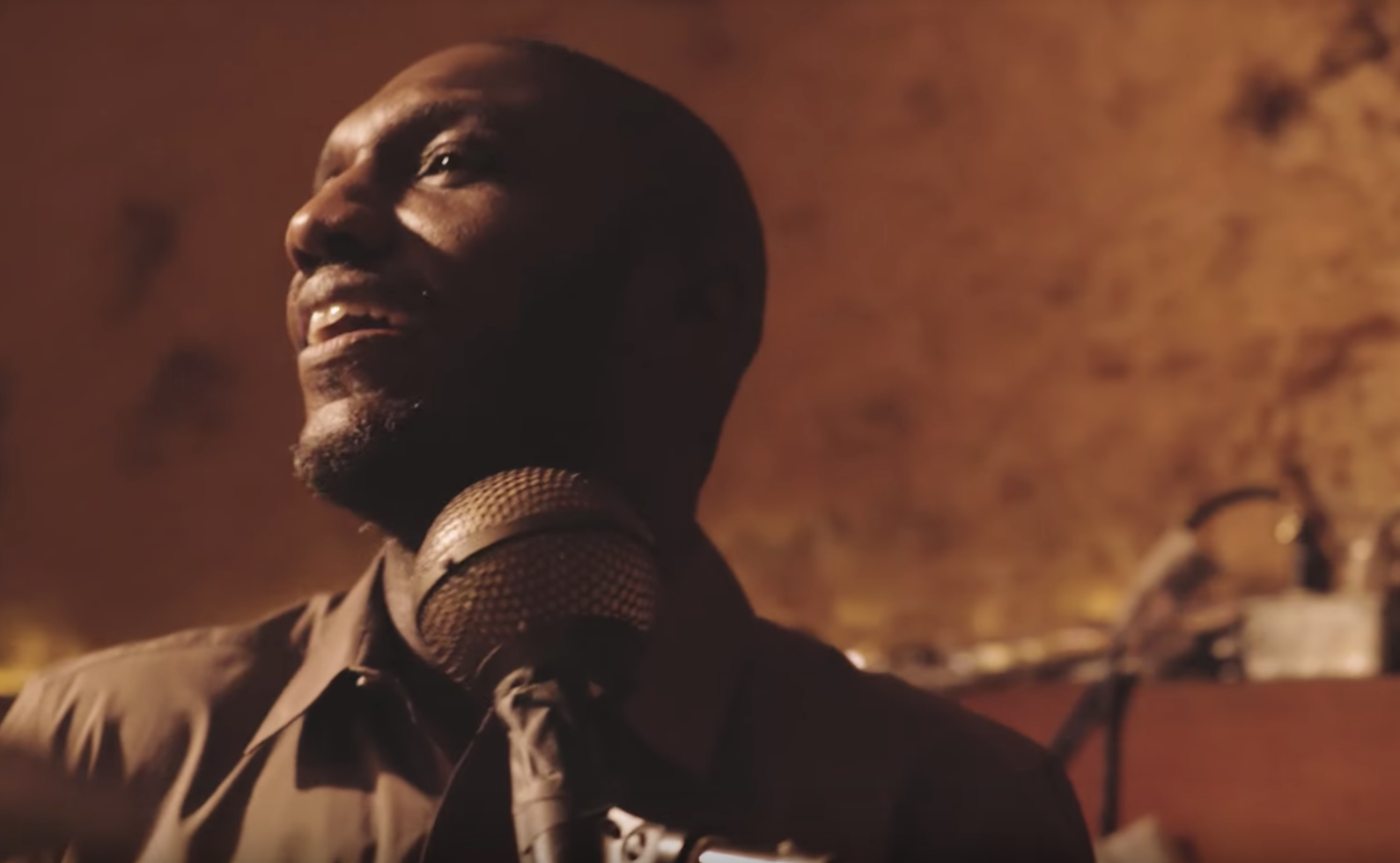
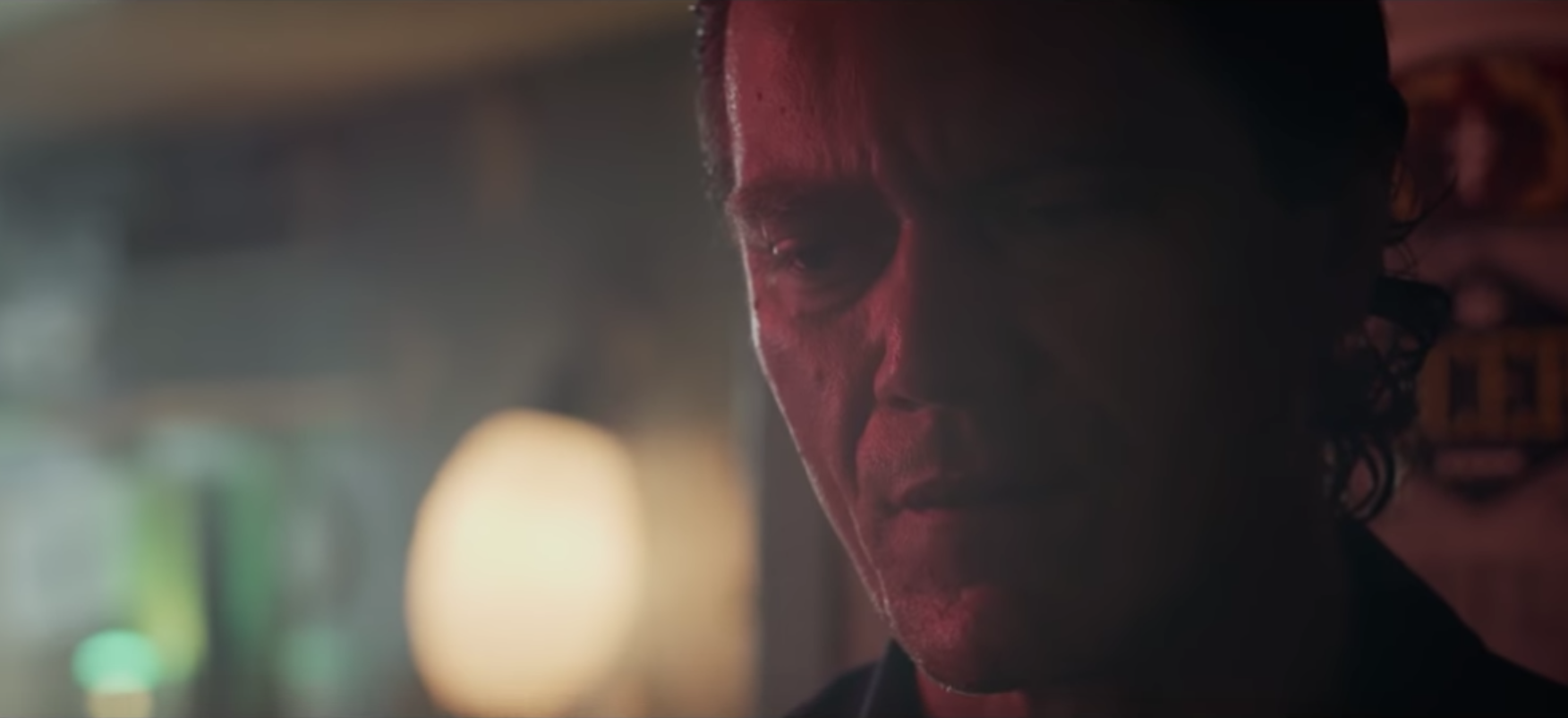 Lucero
Lucero 